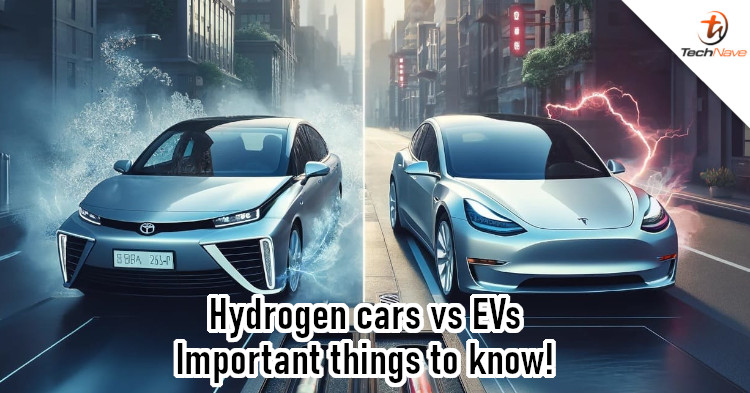
Both hydrogen fuel cell electric vehicles (FCEV) and electric vehicles (EV) are zero-emission alternatives to traditional petrol-powered cars. However, they each have their own advantages and disadvantages. While Malaysia is expanding their EV infrastructure, hydrogen powered FCEV are also being introduced.
As we move forward to a more eco-friendly Malaysia, many Malaysians are wondering which vehicle should they migrate to from their traditional Internal Combustion Engine (ICE) petrol-powered vehicles. Here's all the answers to your questions in Hydrogen Vehicles vs EVs in Malaysia: Top questions answered.
1. Which is more expensive, a hydrogen car or an EV?
Hydrogen fuel cell cars are more expensive than EVs. Depending on the country, the total cost of ownership for a hydrogen car could go up to 40% more than a comparable petrol-based car and about 10% more than an EV. Here in Malaysia the Toyota Mirai, a FCEV is priced from RM277000 while a Tesla Model 3 EV starts from RM189000. Currently, the most affordable EV is the Neta V which starts from RM100000.
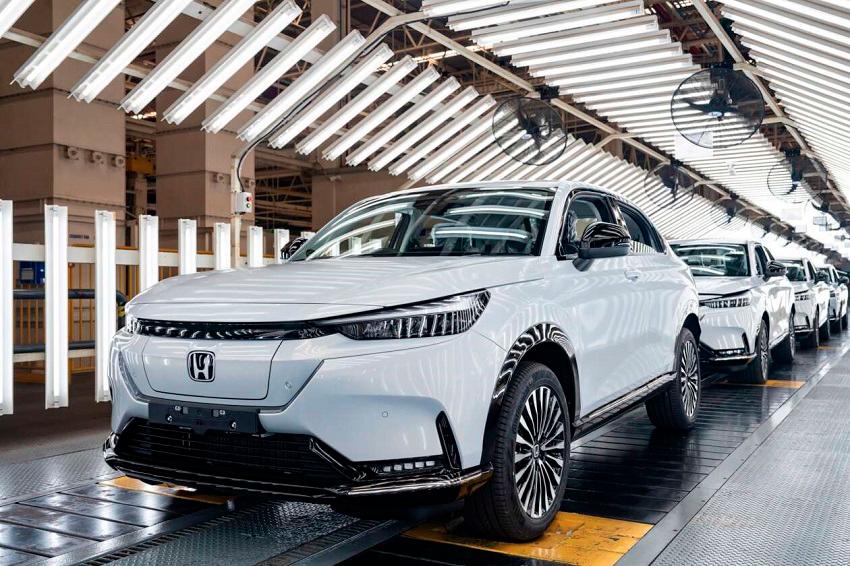
(Model is Honda e:N1) Typically, an EV will cost less than a hydrogen car
2. Which refuels faster?
Hydrogen-powered cars can refuel much faster than EVs of the same size which is about 3 to 5 minutes compared to an EV which needs 30 minutes to 12 hours to recharge, depending on the charger being used.
3. How much does it cost to refuel a Hydrogen car or an EV?
Considering that a full tank for the Toyota Mirai in California costs USD$201.60 (about RM965.66) it is very expensive to refuel a hydrogen car. On the other hand, EVs cost much less to recharge. According to Carput it would take about RM33.12 to fully charge a Tesla Model 3.
4. What is the range? How far can a hydrogen car or an EV travel?
While the Toyota Mirai has a standard range of 646km per full 5.6kg tank of hydrogen, in 2021 a Toyota Mirai was driven 1360km. A comparable EV like say the Tesla Model 3 has a standard range of 552km but there are EVs like the NIO ET7, which achieved a distance of 1044km with a remaining 3% charge. In effect, a hydrogen car generally has better range but with careful driving both vehicles can achieve greater distances than the standard range.
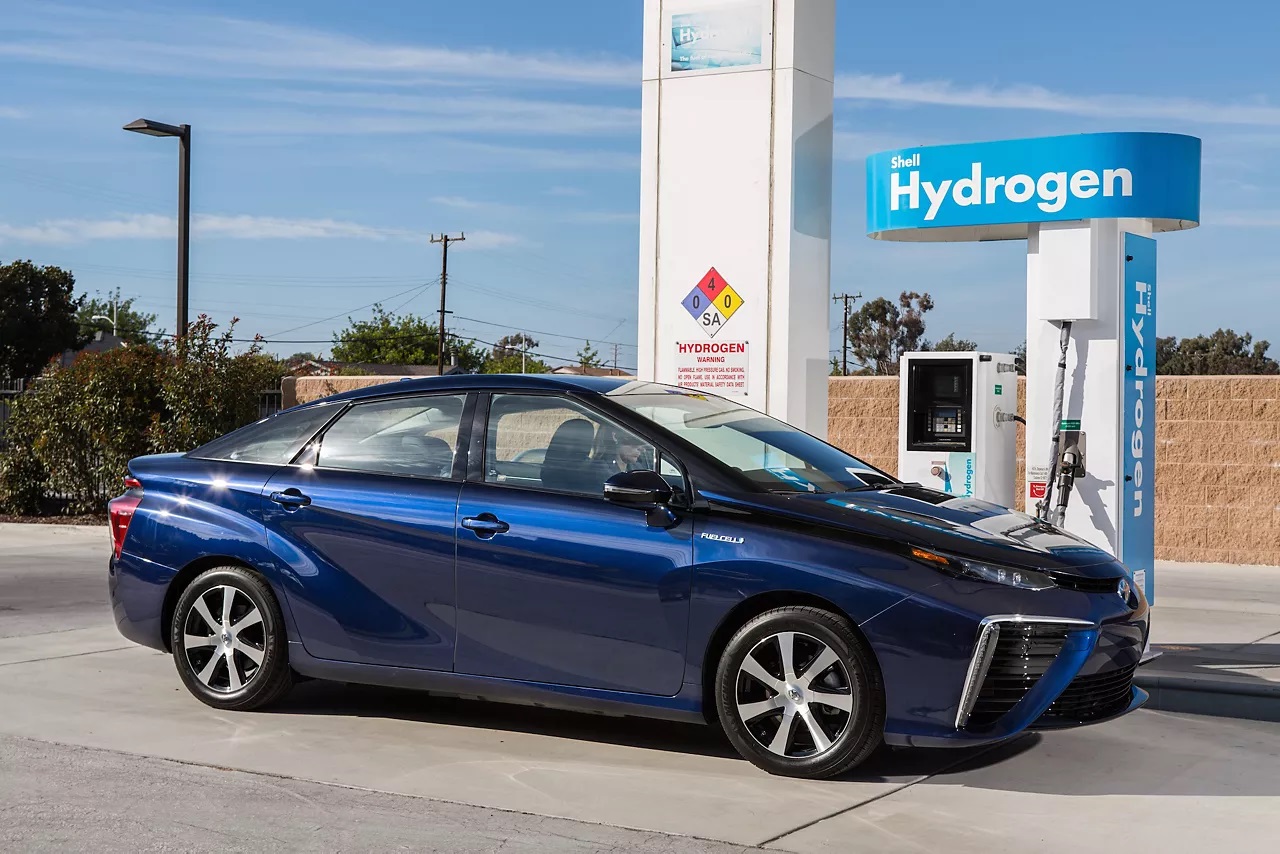
Hydrogen cars, like the Toyota Mirai, have longer range
5. Which car pollutes less, hydrogen or EV?
Both hydrogen cars and EVs produce zero exhaust pipe emissions but the hydrogen vehicel will emit water. However, the overall environmental impact depends on how the hydrogen or electricity is produced.
6. Which fuel is easier to make, hydrogen or electricity?
Currently, most hydrogen is produced from fossil fuels, specifically natural gas or it can be created using electrolysis which needs water and electricity. Electricity can be generated from a variety of sources like fossil fuels, nuclear power, and renewable energy sources like windmills so normally the fuel for EVs is easier to make.
7. Which technology is older or more mature?
Battery electric vehicles (EVs) are currently more mature and have better-established infrastructures to support them. As of November 2023 there were 1403 EV charging stations in Malaysia with 303 DCFC stations for faster charging. A mobile hydrogen refueling station is expected to start operations in Putrajaya by the end of 2024 with more coming in 2025.
8. Which technology is safer?
Both hydrogen-powered cars and EVs are considered equally safe.
9. Is an EV heavier than a hydrogen car?
Generally, EVs tend to be heavier than hydrogen cars especially when compared to traditional ICE cars. However, the Toyota Mirai weighs in at 1900kg while the Tesla Model 3 only starts from 1777kg. Most ICE vehicles of the same size weigh in around 1100kgs.
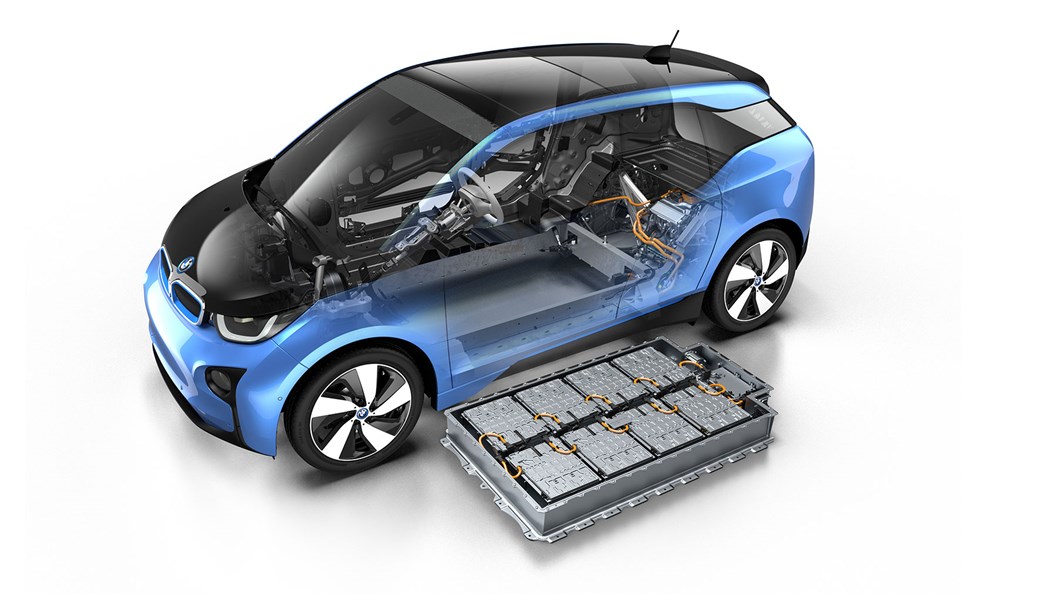
EVs tend to be heavier because of the battery system (Model: BMW i3)
10. Which type of car is easier to buy? Which is more readily available in Malaysia?
EV development in Malaysia has been swift, spurred by tax incentives that have attracted a range of brands so you can buy EVs a lot easier than hydrogen cars here in Malaysia. However, industry experts believe hydrogen-powered cars will gain a notable presence in Malaysia after 2024.
11. Do national car makers like Proton or Perodua have hydrogen cars or EVs?
There's no confirmed information about Proton or Perodua manufacturing hydrogen cars or EVs as of the time of writing but rumours indicate that Proton will be coming out with EVs "soon".

Rumours suggest the Proton EV will be based on the Geely Geometry C
12. When should you buy a hydrogen car or EV?
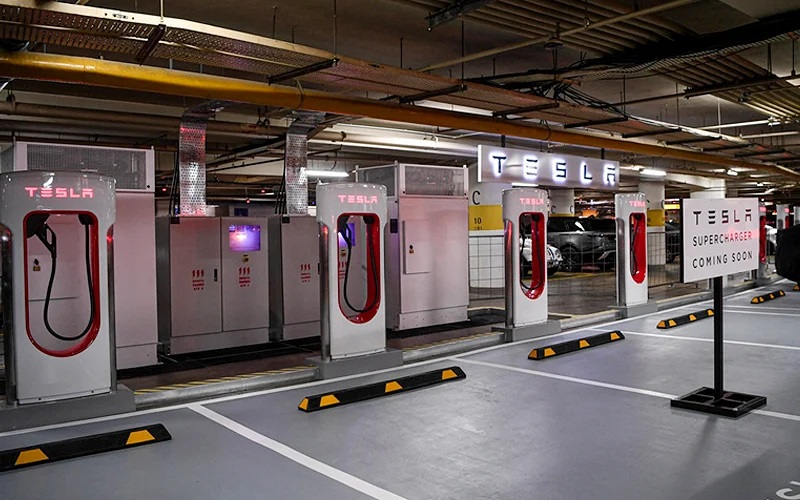
Electric chargers are already available in Malaysia, albeit in a limited capacity (Photo from Bernama)
You should only consider buying a hydrogen car or EV if you live in an area with a good network of hydrogen refuelling or EV charging stations. Also, you'd have to be willing to pay for the premium for the vehicle and the fuel for hydrogen cars and the longer charging time for EVs.
13. Who should buy a hydrogen car / EV?
Individuals who value environmentally friendly technology, have access to the appropriate fueling or charging infrastructure, and whose driving habits align with the capabilities of these vehicles (such as range and refuelling or charging time). Also, people who can afford such vehicles as well.
That's a lot to cover, but we hope this gives you a pretty good idea of what to expect from a hydrogen-powered car or EV. Of course, whether it's worth getting one is completely up to you.
With that in mind, what are your thoughts on hydrogen cars and EVs? Are you planning to get one in the future? Let us know in the comments, and remember to stay tuned to TechNave for more articles like this.




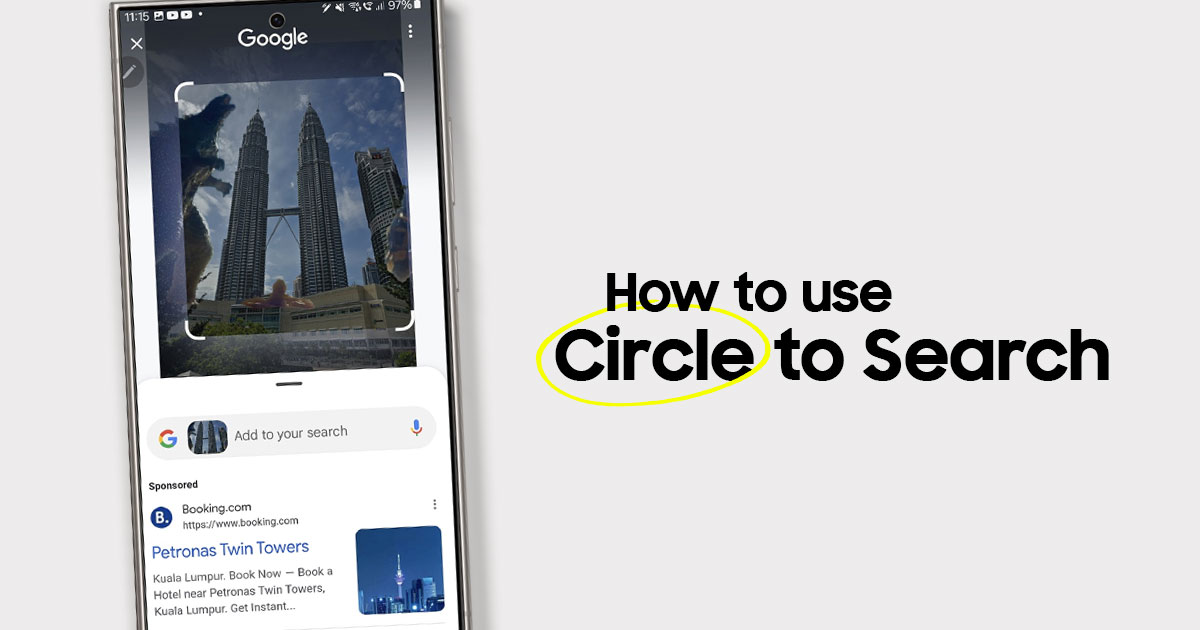
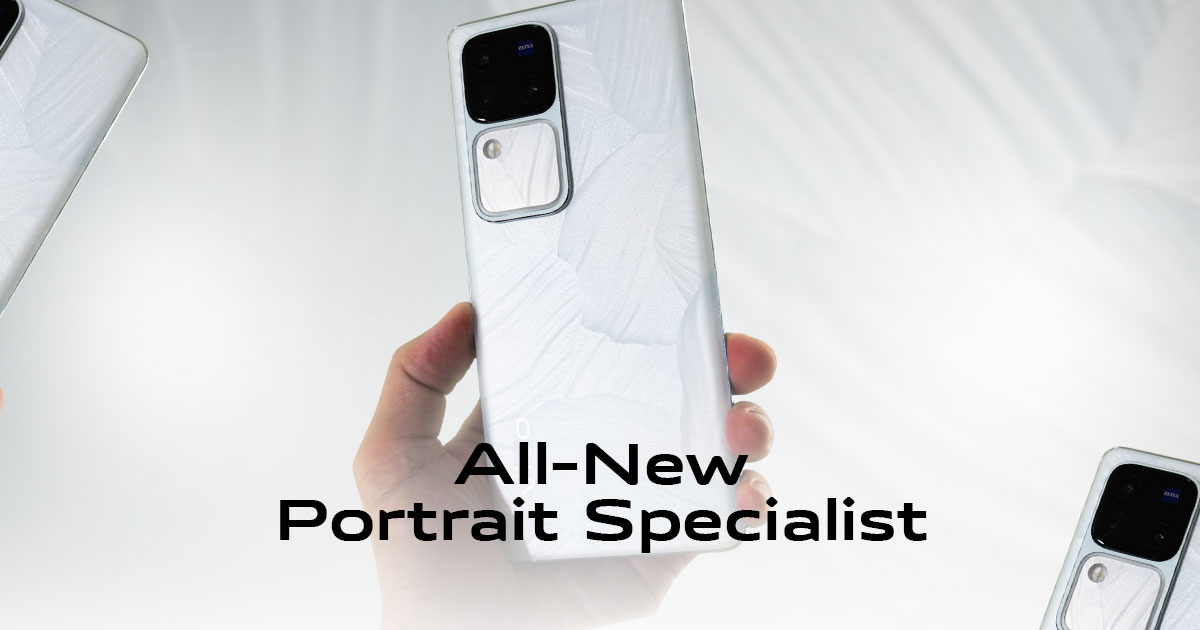



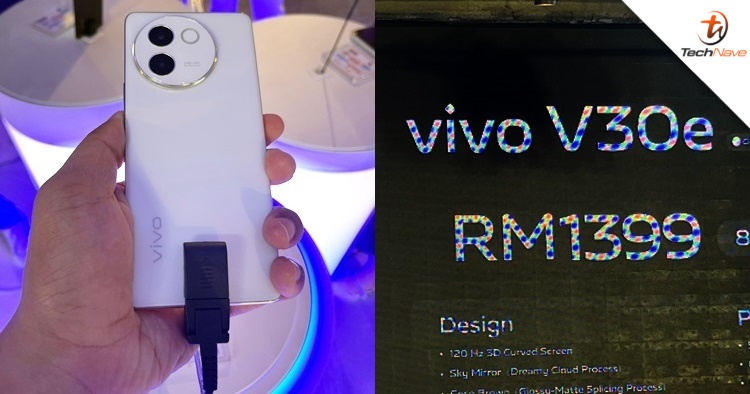
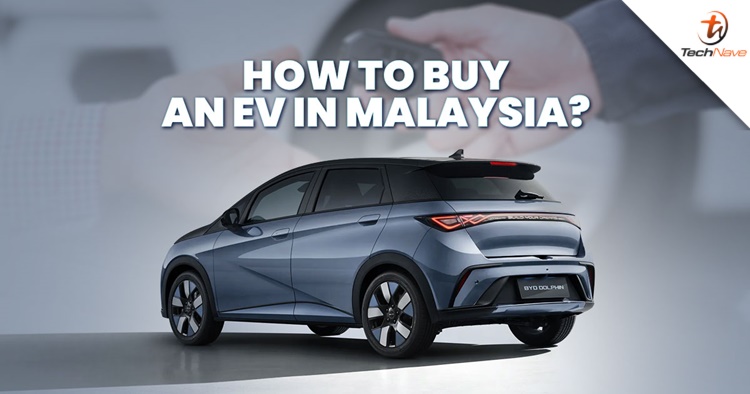
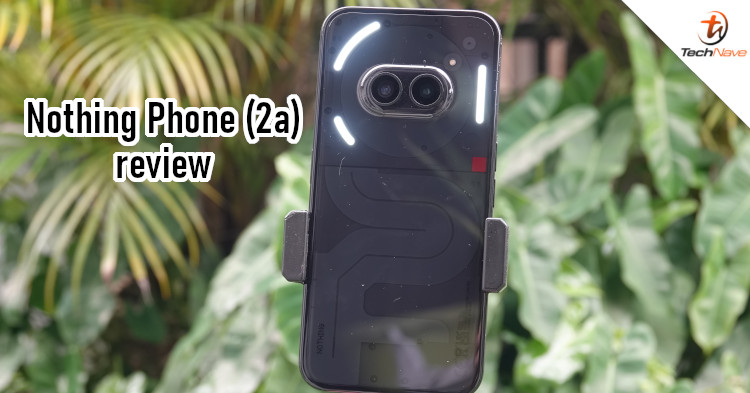
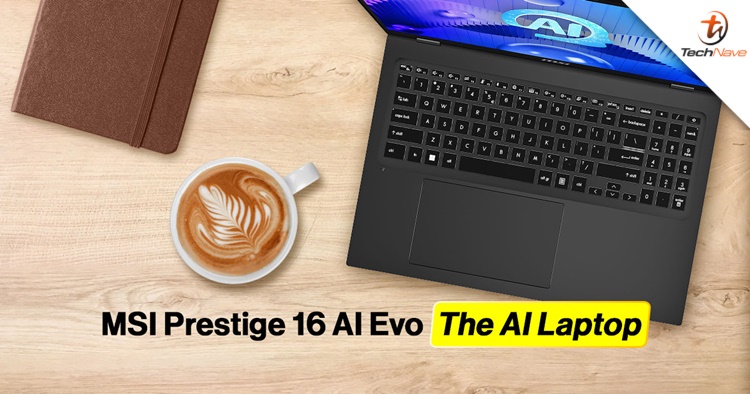
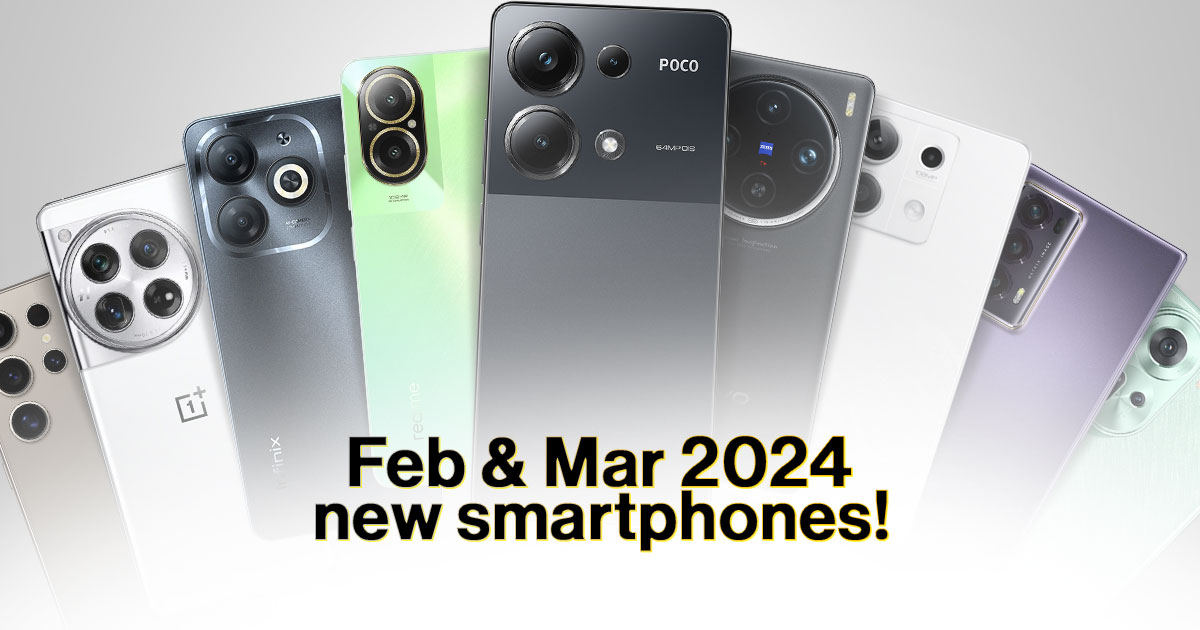





COMMENTS